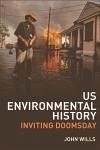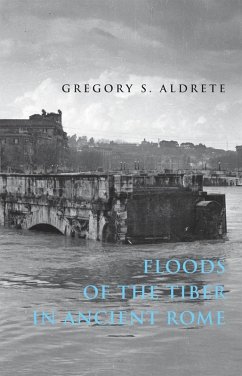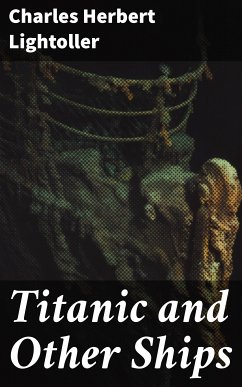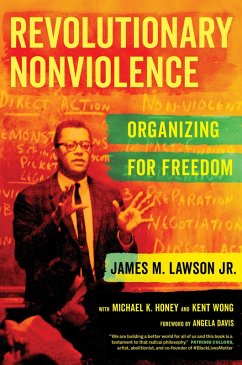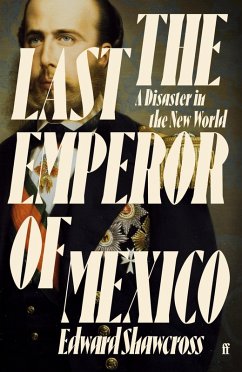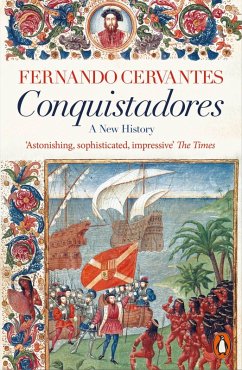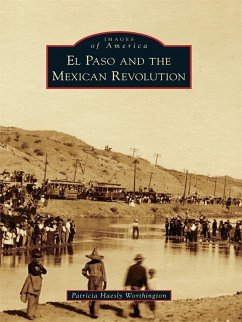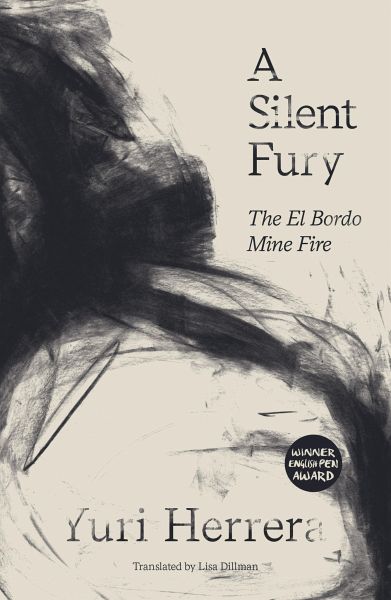
A Silent Fury (eBook, ePUB)
The El Bordo Mine Fire
Übersetzer: Dillman, Lisa
Versandkostenfrei!
Sofort per Download lieferbar
9,59 €
inkl. MwSt.
Weitere Ausgaben:

PAYBACK Punkte
0 °P sammeln!
On March 10, 1920, in Pachuca, Mexico, the Compañía de Santa Gertrudis - the largest employer in the region, and a subsidiary of the United States Smelting, Refining and Mining Company - may have committed murder. The alert was first raised at six in the morning: a fire was tearing through the El Bordo mine. After a brief evacuation, the mouths of the shafts were sealed. Company representatives hastened to assert that "no more than ten" men remained inside the mineshafts, and that all ten were most certainly dead. Yet when the mine was opened six days later, the death toll was not ten, but e...
On March 10, 1920, in Pachuca, Mexico, the Compañía de Santa Gertrudis - the largest employer in the region, and a subsidiary of the United States Smelting, Refining and Mining Company - may have committed murder. The alert was first raised at six in the morning: a fire was tearing through the El Bordo mine. After a brief evacuation, the mouths of the shafts were sealed. Company representatives hastened to assert that "no more than ten" men remained inside the mineshafts, and that all ten were most certainly dead. Yet when the mine was opened six days later, the death toll was not ten, but eighty-seven. And there were seven survivors. A century later, acclaimed novelist Yuri Herrera has reconstructed a workers' tragedy at once globally resonant and deeply personal: Pachuca is his hometown. His work is an act of restitution for the victims and their families, bringing his full force of evocation to bear on the injustices that suffocated this horrific event into silence.
Dieser Download kann aus rechtlichen Gründen nur mit Rechnungsadresse in A, B, BG, CY, CZ, D, DK, EW, E, FIN, F, GR, H, IRL, I, LT, L, LR, M, NL, PL, P, R, S, SLO, SK ausgeliefert werden.





